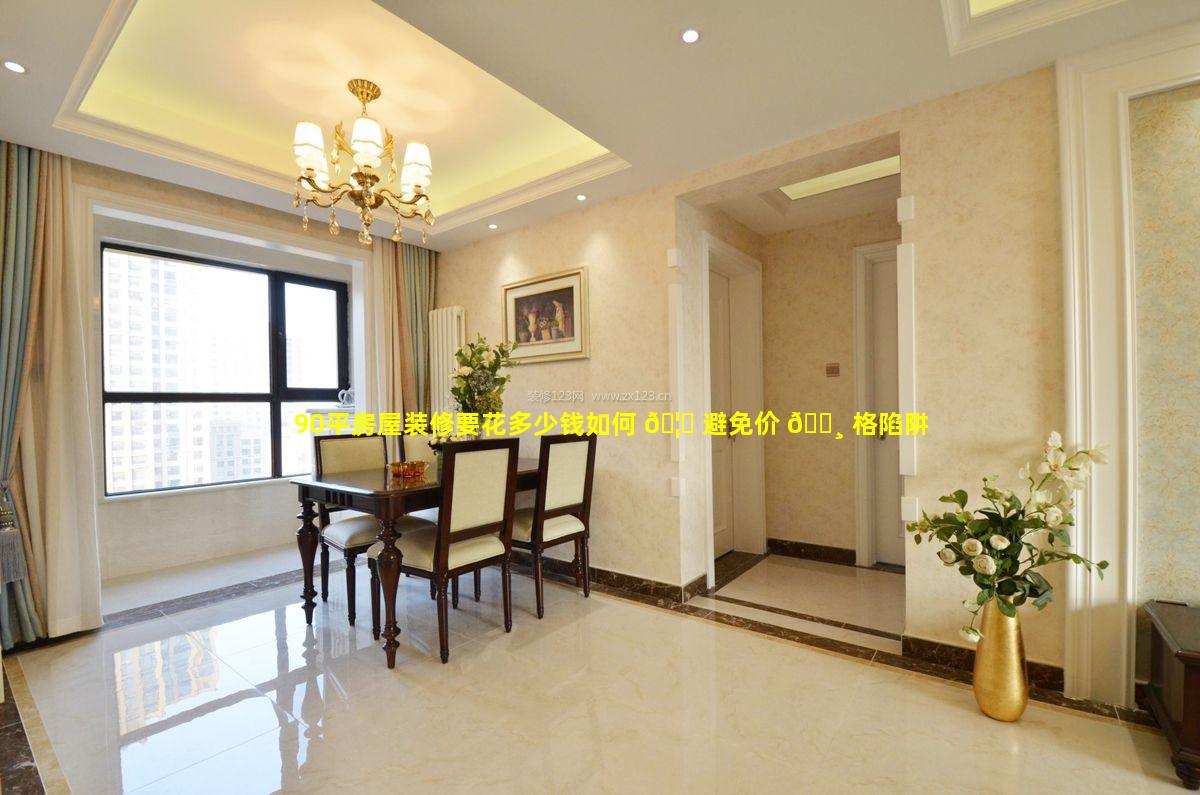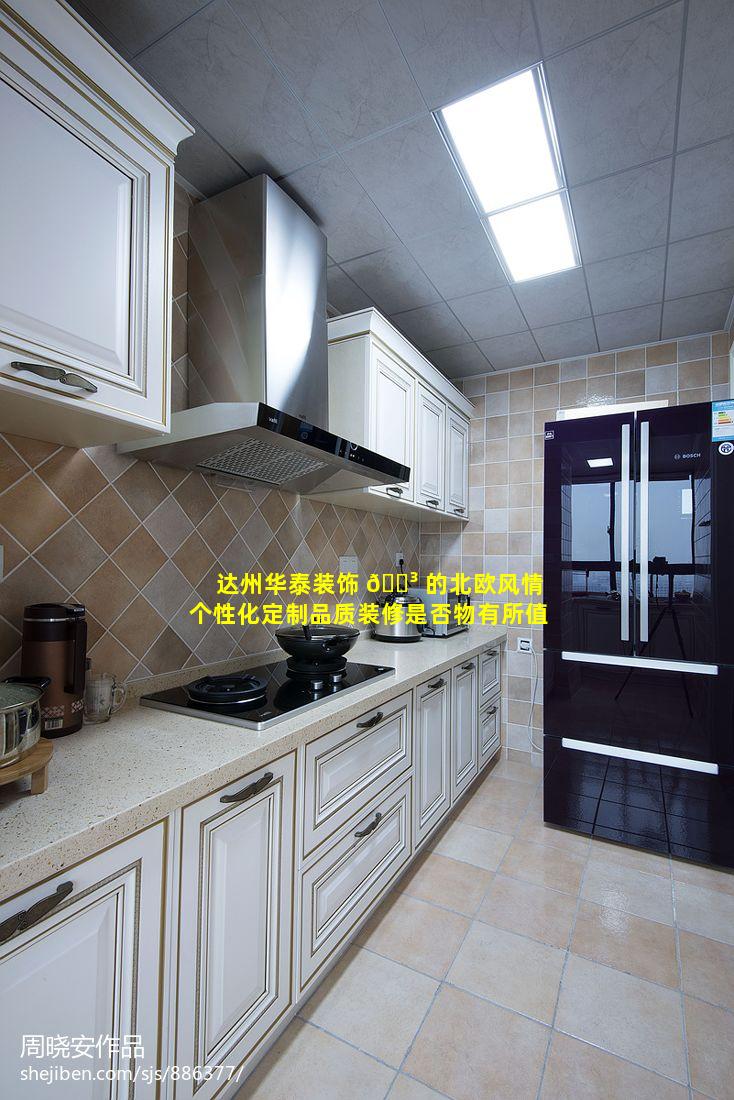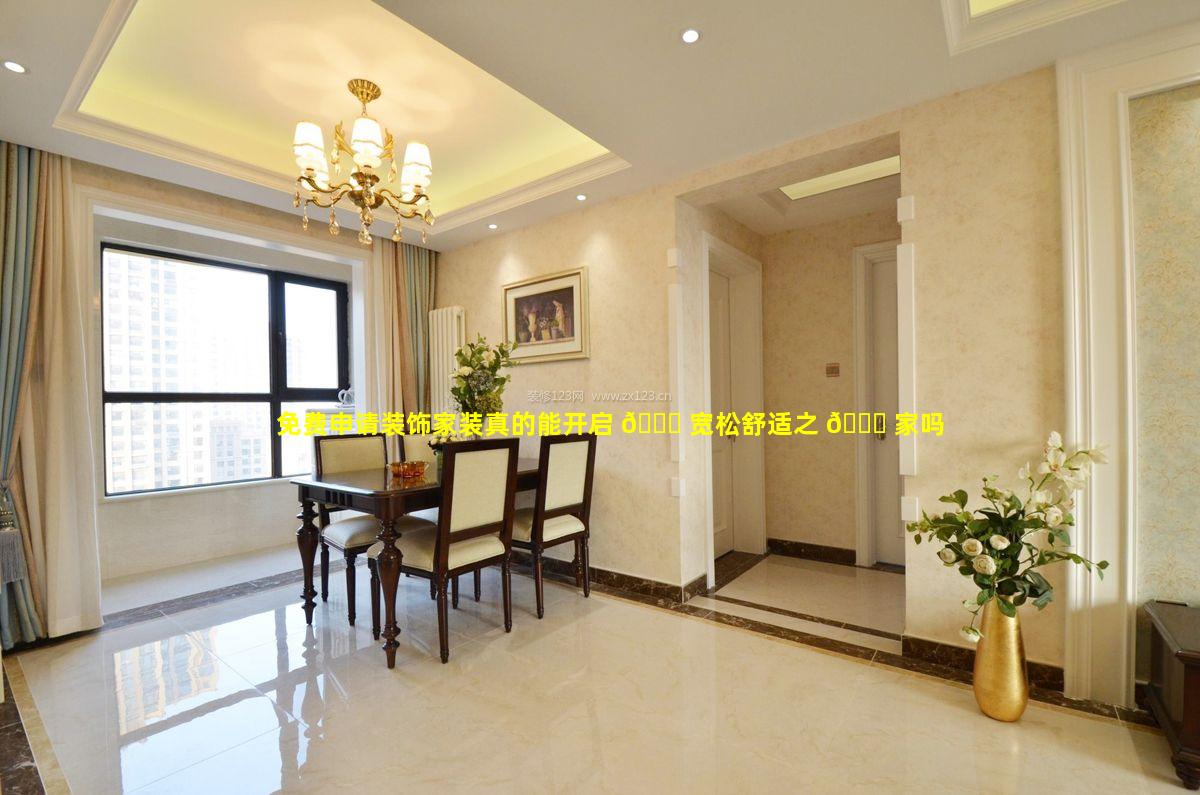1、别墅6楼装修
别墅 6 楼装修指南
设计理念
充分利用空间,打造宽敞明亮的空间感。
引入自然光线,营造舒适宜人的氛围。
保证隐私,划分功能区域。
空间规划
主卧套房:包括卧室、浴室、衣帽间,提供私人休憩空间。
次卧:宽敞明亮,可作为客房或家庭成员入住。
书房:安静舒适,适合工作或学习。
家庭活动室:提供休闲娱乐空间,可设置电视机、游戏机等。
露台:延伸室外生活空间,提供观景和休闲场所。
装修风格
现代简约:线条简洁流畅,注重空间感和功能性。
北欧风:强调自然材质和柔和色调,营造舒适温馨的氛围。
轻奢风:结合现代元素和奢华材质,打造精致典雅的家居环境。
材料选择
地板:瓷砖、实木地板、复合地板等,根据风格选择合适材料。
墙面:乳胶漆、壁纸、护墙板等,打造不同的空间质感。
天花板:吊顶、木质结构、石膏板等,提升空间层次感。
灯光设计
自然光:充分利用落地窗和天窗,引入自然光线。
人工光:结合主照明、重点照明和氛围照明,打造层次丰富的灯光效果。
智能照明:考虑安装智能照明系统,方便控制和调节灯光。
家具摆放
卧室:以舒适的大床为中心,搭配床头柜、梳妆台等。
书房:摆放书桌、书架和舒适座椅,营造专注的学习氛围。
客厅:以沙发为中心,搭配茶几、地毯等,打造舒适温馨的会客空间。
露台:摆放户外家具,如躺椅、吊椅等,享受户外休闲时光。
软装搭配
窗帘:选择轻薄透光的窗帘,既保证隐私又引入自然光。
地毯:不同材质和图案的地毯可划分空间,增添舒适感。
艺术品:挂画、雕塑等艺术品可提升空间品味和文化气息。
植物:绿植可净化空气,增添生机和活力。
智能家居

智能门锁:方便进出,提升安全性。
智能窗帘:远程控制窗帘,方便调节光线。
智能音响:提供背景音乐,营造轻松氛围。
智能安防系统:保障家居安全,及时报警异常情况。
注意事项
注意别墅结构特点,避免影响房屋承重。
做好防水防潮措施,尤其是卫生间和阳台等区域。
预留充足的收纳空间,保持别墅整洁有序。
考虑后期维护和清洁,选择易于打理的材料和家具。
2、别墅六层以上 豪华
六层或以上豪华别墅
奢华顶层公寓:
位于建筑物的最高层,享有壮观的城市或海景
宽敞的起居区、多个卧室和浴室
私人露台或阳台,可欣赏全景
私人屋顶别墅:
位于屋顶,提供独家性和隐私
360 度全景,俯瞰周围环境
带游泳池或屋顶花园的露天空间
城市景观复式别墅:
跨越多层,提供垂直景观
宽敞的采光充足的区域
多个阳台或露台,可欣赏城市景观
海滨豪华别墅:
位于海滨,提供直接的海滩通道
私人游泳池和海景露台
多个卧室和浴室,可供多位客人入住
山间度假别墅:
位于风景如画的山区,享有宁静和壮丽的景色
宽敞的起居区配有壁炉
多个卧室和浴室,可欣赏山景
3、别墅楼装修效果图
Cui bono? (Who benefits?)
Analysis:
The question "Cui bono?" is a Latin phrase used to determine who benefits from a particular action or situation. It is a fundamental concept in investigations and decisionmaking, as it helps identify the potential motivators behind actions and their consequences. By asking "Cui bono?", investigators and decisionmakers can gain insights into the interests and motivations of individuals or groups involved, enabling them to make more informed judgments.
Application:

Law Enforcement: In criminal investigations, the principle of "Cui bono?" guides detectives to identify potential suspects by examining who stands to gain from the crime committed. By considering the financial, emotional, or other benefits that different individuals or groups may derive from the crime, investigators can narrow their search and zero in on the most likely perpetrators.
Business and Finance: In business negotiations, decisionmakers can apply the "Cui bono?" principle to assess the potential advantages and disadvantages of different deals or investments. By considering who would benefit from a particular agreement, decisionmakers can identify the interests of the parties involved and make more informed choices that maximize their own gains while mitigating risks.
Politics: In political analysis, "Cui bono?" is used to examine the motivations and intentions of political actors. By assessing who benefits from a particular policy or decision, analysts can gain insights into the hidden agendas and power dynamics at play. This helps inform political strategies and decisionmaking by identifying the underlying interests and goals of different actors.
Benefits:
Improved DecisionMaking: By considering who benefits from actions or situations, individuals and organizations can make more informed decisions that align with their goals and interests.
Enhanced Investigation: "Cui bono?" provides a logical framework for investigators to identify potential suspects and uncover the underlying motives behind crimes.
Increased Understanding: Applying this principle fosters a deeper understanding of the dynamics and motivations involved in various situations, leading to better analysis and informed judgments.
Limitations:
Subjectivity: Determining who benefits can sometimes be subjective, as individuals' motivations may be complex or hidden.
Hidden Interests: Not all beneficiaries are immediately apparent, requiring thorough investigation and analysis to uncover hidden interests and connections.
Limited Predictability: While "Cui bono?" provides valuable insights, it cannot always guarantee accurate predictions of future actions or outcomes.
Conclusion:
"Cui bono?" is a powerful analytical tool that helps identify the beneficiaries of actions or situations. By considering who stands to gain, individuals and organizations can gain insights into motivations, make informed decisions, enhance investigations, and deepen their understanding of the world around them. While it has limitations, the principle of "Cui bono?" remains an essential element in critical thinking and effective decisionmaking across various fields.
4、6层别墅效果图
[6层别墅效果图]
[6层别墅效果图]
[6层别墅效果图]
[6层别墅效果图]
[6层别墅效果图]
[6层别墅效果图]







